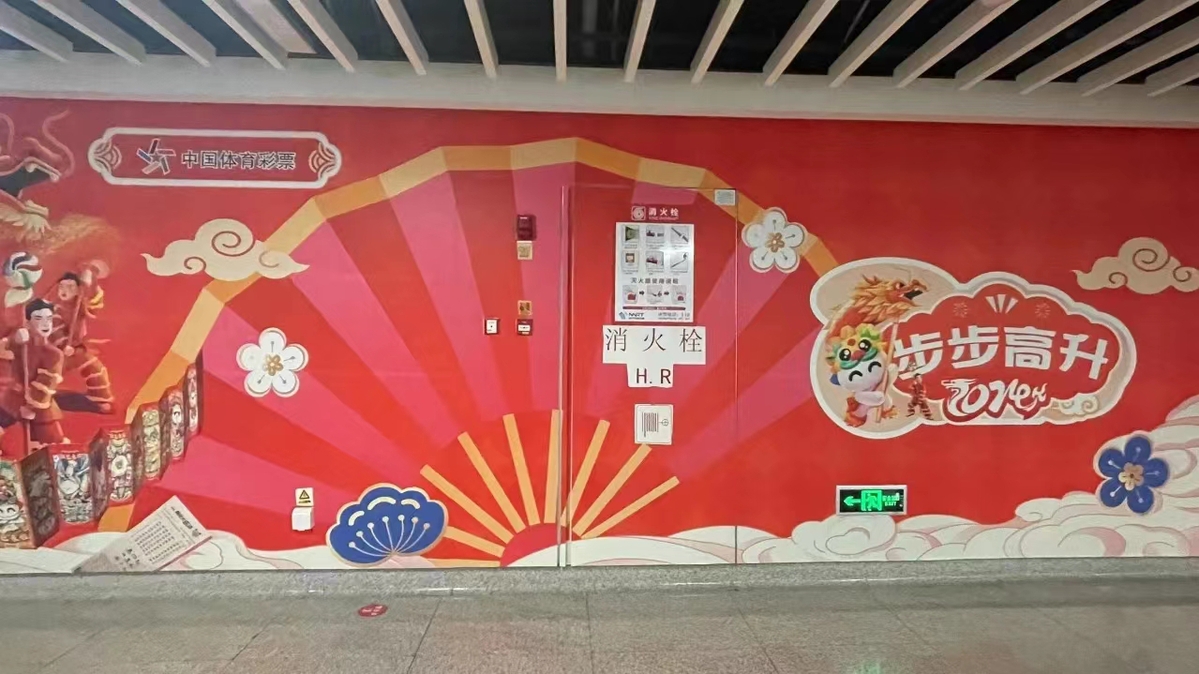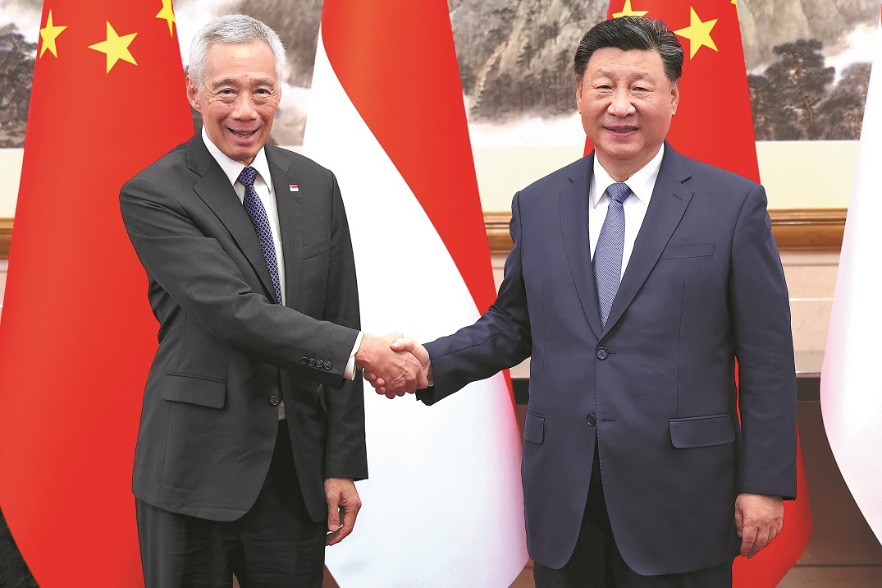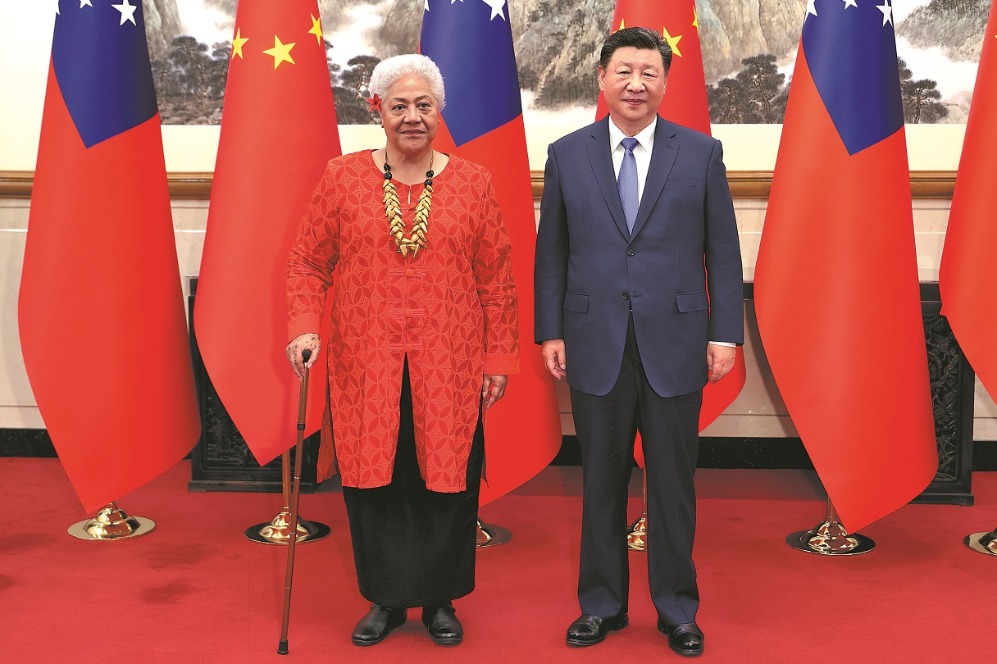Metro controversy shows harm of 'fanning' narrow-mindedness


How narrow-minded must some netizens be to mistake the illustration of a Chinese-style folding fan for the Japanese military flag? And how fearful of online backlash must the staff of Nanning subway station in the Guangxi Zhuang autonomous region be to swiftly remove the promotional fan artwork on a so-called whistle-blowing post based on an edited version of the fan?
This incident, along with several others, has revealed the narrow-mindedness of some netizens and the ill-effects of trolling.
Given the sour ties between China and Japan due to geopolitical and historical factors, it's natural for Chinese people to protest against the Japanese government's policies supporting the United States in containing China. In fact, the Chinese people have become more suspicious and critical of the Japanese government after Japan began discharging the nuclear-contaminated water from the damaged Fukushima Daiichi nuclear power plant into the ocean, disregarding the protests of other countries that it will contaminate the oceans and harm marine life.
However, narrow-mindedness is not patriotism. Some netizens pride themselves as patriots by passing disparaging remarks and posting hate "speeches" against Japan on social media platforms. Yet the truth is that quite a few do so simply to catch more eyeballs.
On the other hand, Xiao Chenghao, a TV host with Hainan Broadcasting Station and a media blogger with millions of followers, was suspended after he uploaded on his social platforms an "inappropriate" post on the earthquake that recently hit Ishikawa Prefecture of Japan. His post read: "Retribution Arrived? Sudden 7.4 magnitude earthquake in Japan."
The post further said: "With such a natural disaster occurring on the first day of the year, it seems that Japan will be shrouded in gloom for the entire year. It appears that certain actions should be avoided." This clearly implies a veiled accusation that Japan should not discharge the contaminated wastewater from the Fukushima plant.
However, as a public figure and a blogger with millions of followers, making statements that forcibly link a natural disaster, which has already claimed more than 160 lives, with a political event is inappropriate and unethical.
His suspension has sparked vehement protests from many netizens, with some saying that Xiao Chenghao has voiced their sentiments. Some have even accused Hainan TV of being a "running dog" of Japan. Hainan TV is still investigating Xiao's case, and netizens are divided on whether Hainan TV is right to do this.
We must be especially vigilant against individuals who use patriotism as justification to manipulate public opinion and fan the flames of hatred, and thus promote irrationality and show a total lack of empathy. Even the people posting hate speeches online should know that Chinese leaders have conveyed their condolence to their Japanese counterparts for the earthquake in Japan.
Hate speeches aimed at grabbing attention are not an expression of patriotism. When actions under the guise of patriotism undermine basic human values or statements lack compassion, such "patriotism" transforms into a malady.
Neither institutions nor individuals should veer away from professionalism for fear of becoming targets of online troll gangs. The Nanning subway administration grossly overreacted to an edited picture of a part of the fan on display, which made it look like the military flag of imperial Japan during World War II. When organizations and individuals succumb to online trolling and contribute to the frenzied growth of narrow-mindedness, they end up harming the entire society.
The author is a writer with China Daily.


































